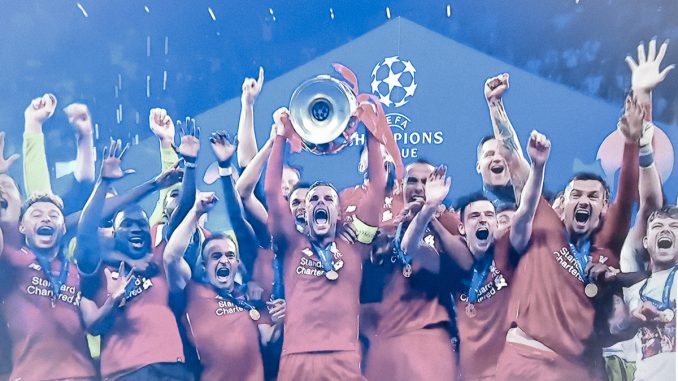
European Super League – ESL
The European Super League was announced last night with some of the biggest clubs around Europe joining hands to form the breakaway tournament.
Six Premier League clubs have been joined by three Spanish clubs and three Italian clubs as the founding members of the European Super League and three other teams are set to be invited to join the competition.
Some of the clubs involved in the European Super League are Liverpool, Manchester United, Arsenal, Chelsea, Tottenham, Real Madrid, Barcelona, Atletico Madrid, AC Milan, Inter Milan and Juventus.
Following the official announcement last night, the format of the European Super League has been revealed as well.
According to reports, there will be 20 clubs competing in the tournament and 15 of them will be the founding members.
The other five clubs will qualify based on the previous season’s performance.
The European Super League is set to be played on weekdays which will allow the respective clubs to compete in their domestic leagues on the weekends.
Apparently, the teams will be divided into two groups of 10 and they will play each other home and away before the top three teams from each group qualify for the quarter-finals.
The 4th and 5th placed teams from each group will play a two-legged playoff to decide the final two quarterfinal berths.
New-look UEFA Champions League – UCL
From then on it will be a similar style to that of the Champions League and the teams will play a two-legged tie in the quarters and in the semis before moving on to the finals.
The competition is expected to begin in August.
Meanwhile, UEFA have also announced the brand new format for the Champions League which is set to come into effect from 2024.
The new-look Champions League will host 36 teams instead of 32 and the group stages will cease to exist.
Apparently, there will be a League system involving all of the teams and the top eight teams will move on to the knockout rounds of the competition.
Every club is set to be guaranteed at least 10 games which will add to the revenues and there will be new spots for historically elite clubs who have failed to qualify for the Champions League through domestic League performances.
What this means is if a club like Manchester United fails to secure a top-four finish, it will not affect their participation in the new-look Champions League as they will qualify based on their history in the competition.


